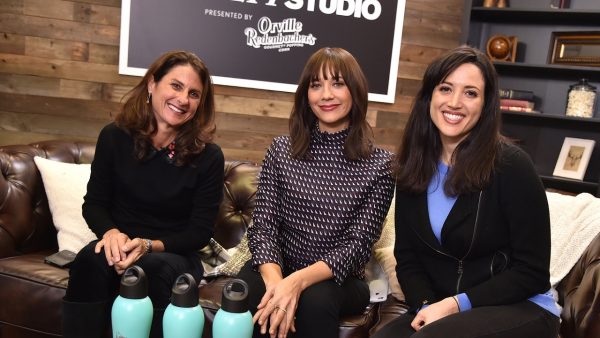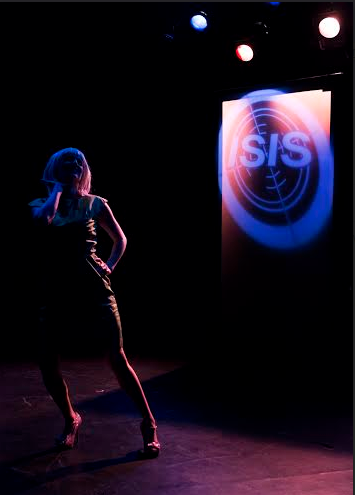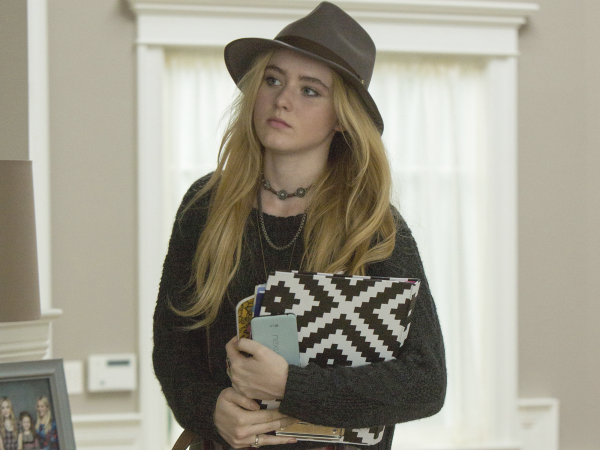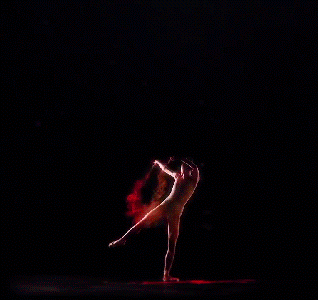Support Hos: Westworld (2016)
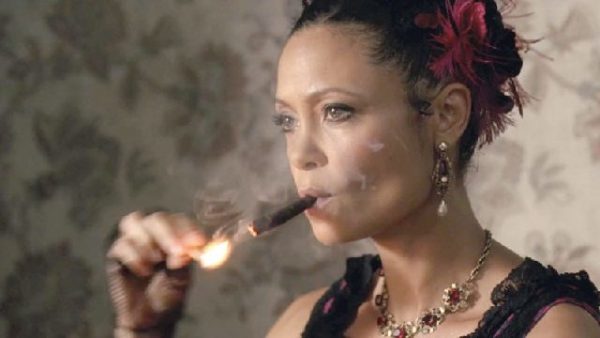
by Clara and Caty
[Content warning: some discussion of rape. Also, spoiler warning.]
Clara: Westworld is a science fiction western thriller created and produced by Jonathan Nolan and Lisa Joy. JJ Abrams is also a producer, so think Jurassic Park meets Firefly with a dash of Lost. As with its predecessors—Blade Runner. Battlestar Galactica, etc—Westworld uses human-like robots to tell us a story about humanity. Questions like “How do you know you are human?” “What is consciousness?” “What are dreams?” “What are memories?” “How does does your past define you?” “What is free will?” “What is consent?” are asked but not always answered.
The titular Westworld is a Western theme park where life-like robots—”hosts”—act out stories called narratives in a controlled environment for guests of the park. The park is marketed as “life without limits.” The idea is that because the hosts are robots you can do anything you want with them and it doesn’t matter.
While not a show directly about sex work, Westworld in its over-all arc is about the push/pull of market forces between client and worker. It is also about the uprising of a group who is fed up with being used. Sex workers who have to constantly prove their humanity to society and deal with client entitlement every day might find the show reminiscent of their lives.
Caty: I would argue that this show is about sex work. It’s about a separate, disposable class of people who perform reproductive/emotional labor so that guests can enjoy their leisure. The hosts’ very lives are this labor, so they can’t even be compensated for it. And they literally have false consciousness.
As the show reminds us constantly, the hosts’ purpose is to be fucked or hurt, or at the very least to immerse the clients in a fantasy, which sounds like the sex worker job description to a T. In fact, the hosts are the ideal sex workers from a certain client perspective. They are the ultimate pro-subs, who can be beaten, stabbed, strangled, and shot, only to be refurbished, resurrected, and brought back as a clean slate in terms of both their memories and their bodies, ready to take those blows again. They are entirely “authentic,” programmed to believe that the role play they engage the guests in is what is actually happening. If the Westworld story that the guest is indulging in is that Dolores (Evan Rachel Wood), the damsel host, is in love with him, she actually is in love with him.
But what Westworld actually does best is reflect the client mentality—an Entertainment Weekly recapper quipped that the Man In Black (Ed Harris) sounds like “a dork playing Dungeons & Dragons who yells at other players for asking for a bathroom break” when he gets pissed off after some other guests refer to his work in the real world. But to me, he actually sounds like the BDSM client I used to have who would shriek “WE DON’T TALK ABOUT THE MONEY” if I ever said anything which derailed his fantasy of being a scene elder teaching eager young acolyte (unpaid) me about kink.
And who does William (Jimmi Simpson) remind us of most but a stalker regular when he turns (even more) murderous and rapacious after realizing that Dolores doesn’t remember him—that he isn’t special enough to her to override the programming that forces her to forget him after each go-round? At first, he’s a Nice Guy—that trusted reg, the one who believes Dolores is sapient and Not Like All The Other Hosts. He’s Captain-Save-A-Host! But later, after his embittered violence runs roughshod over the park for 30 years, after he assaults Dolores over and over, and then grows “tired” of her like the most jaded hobbyist, Dolores tells him, “I thought you were different, but you’re just like all the rest.”
